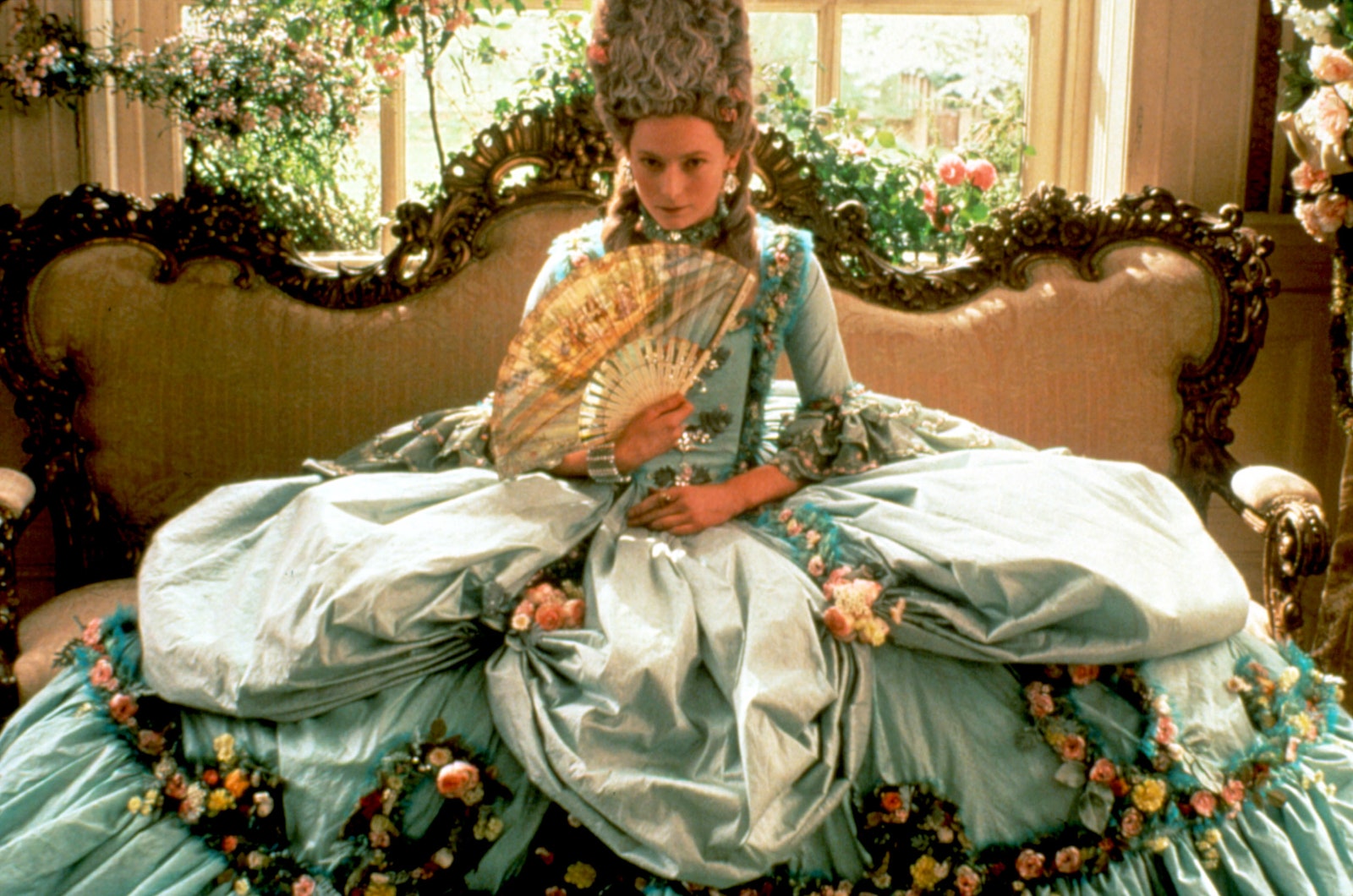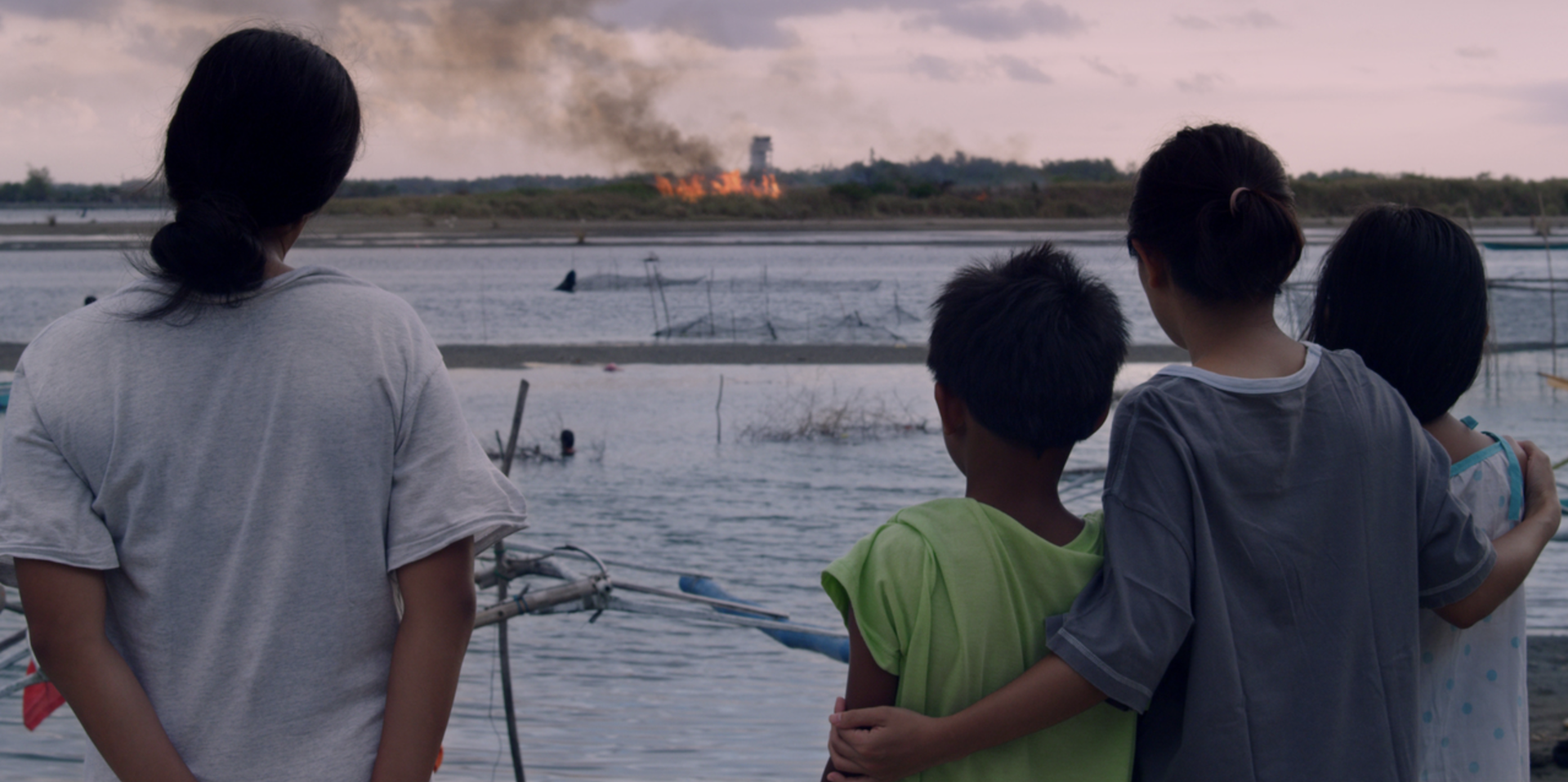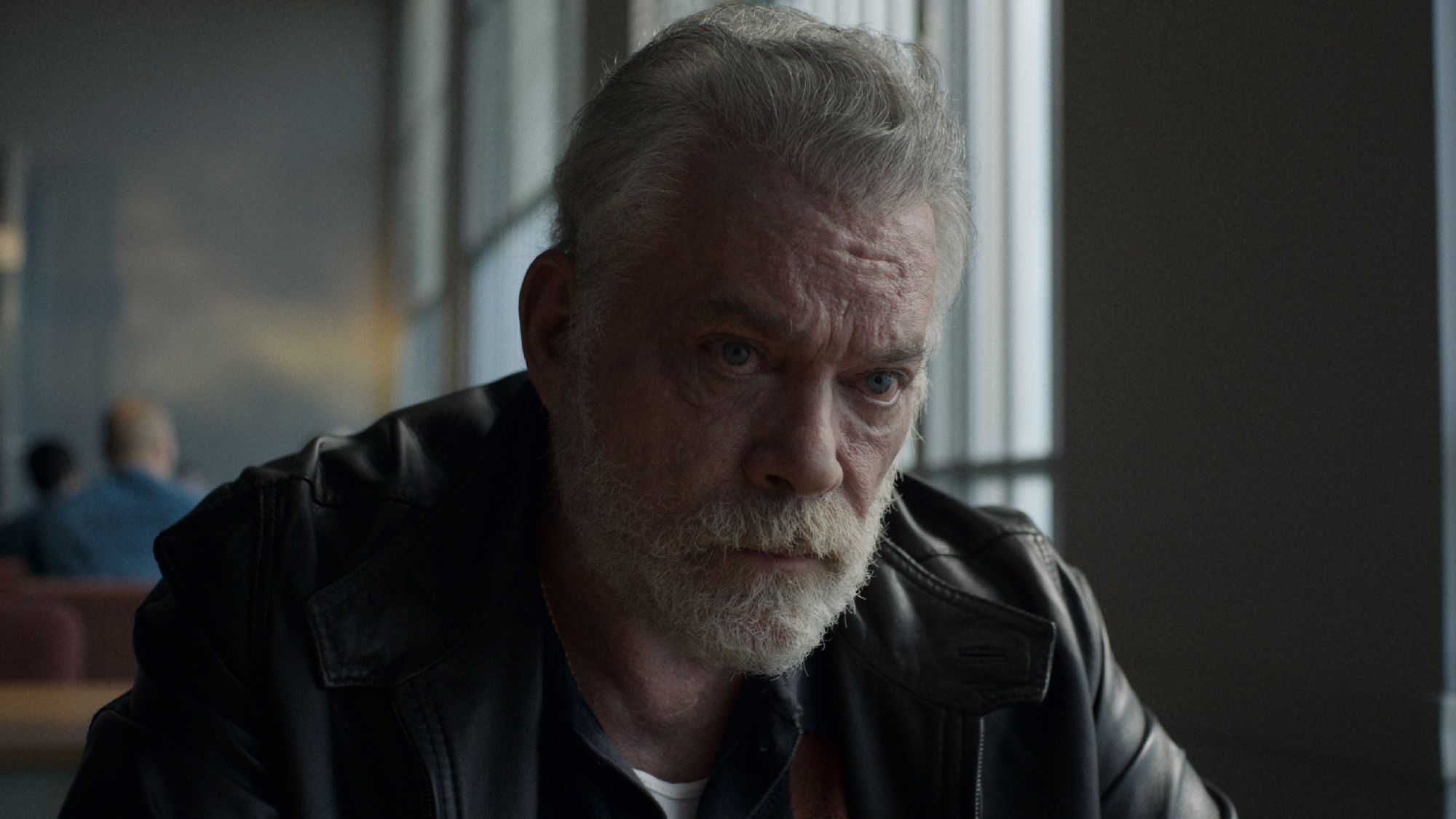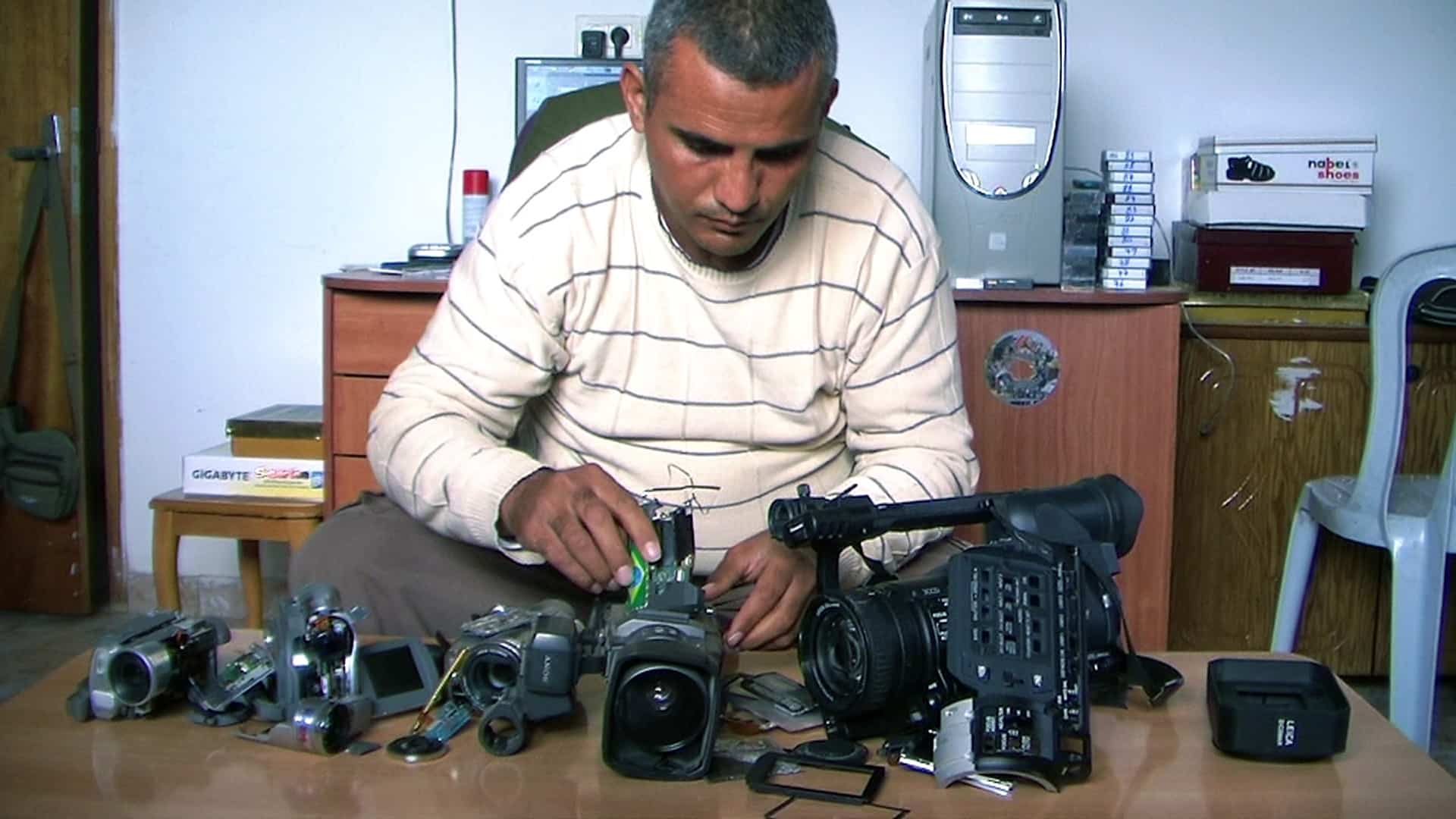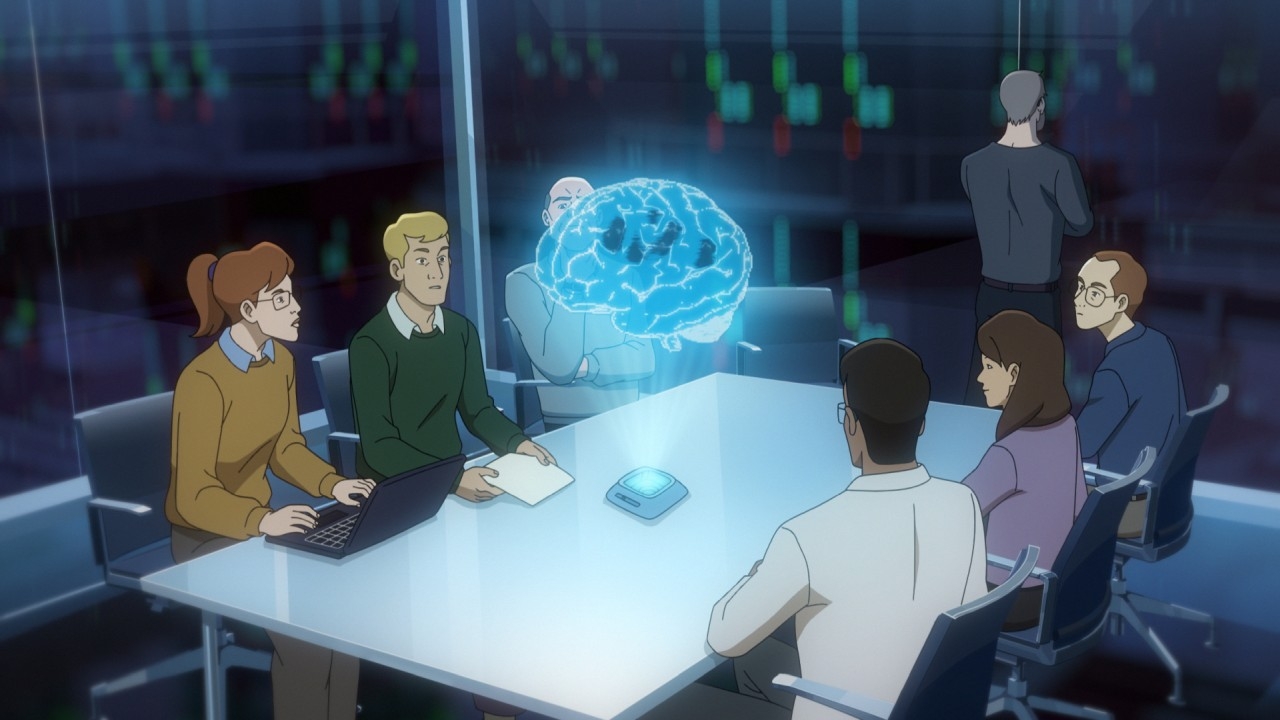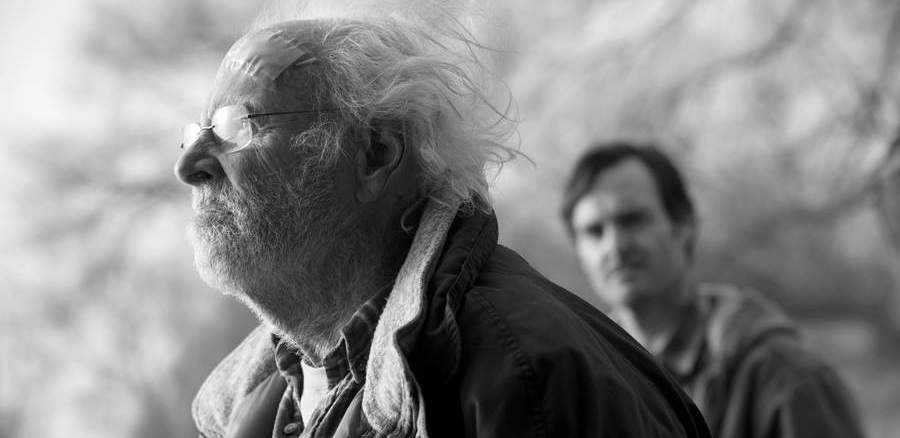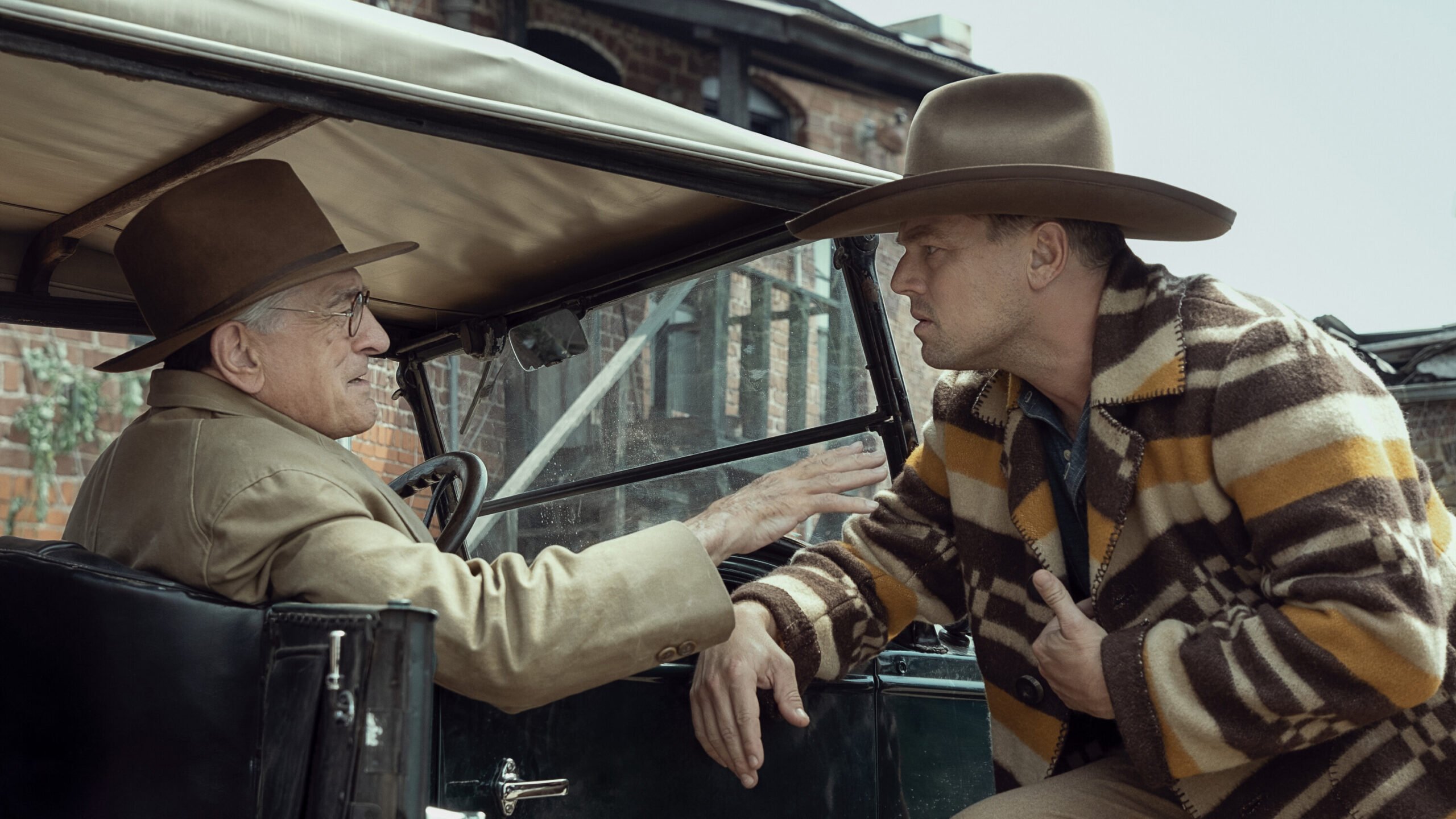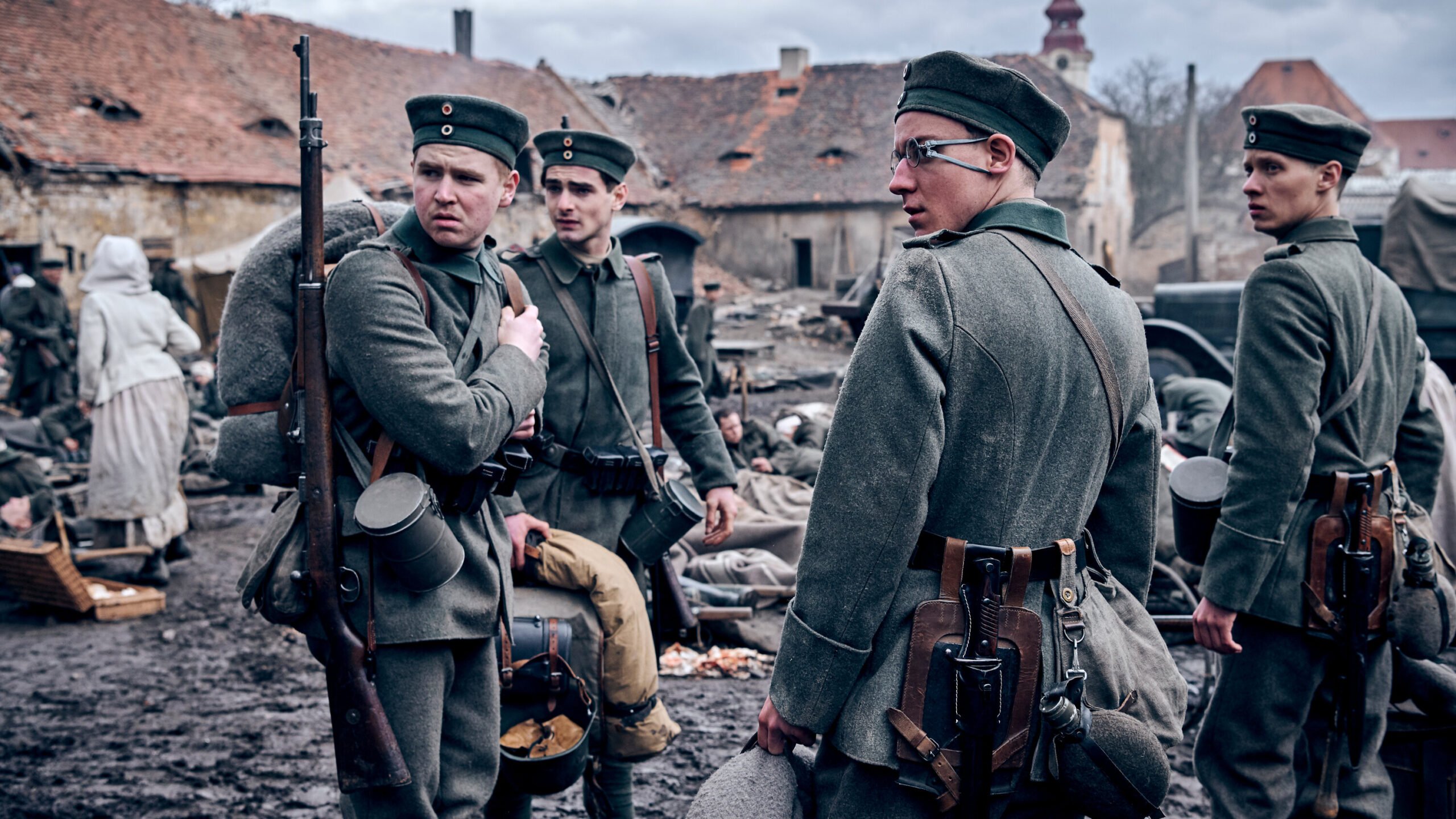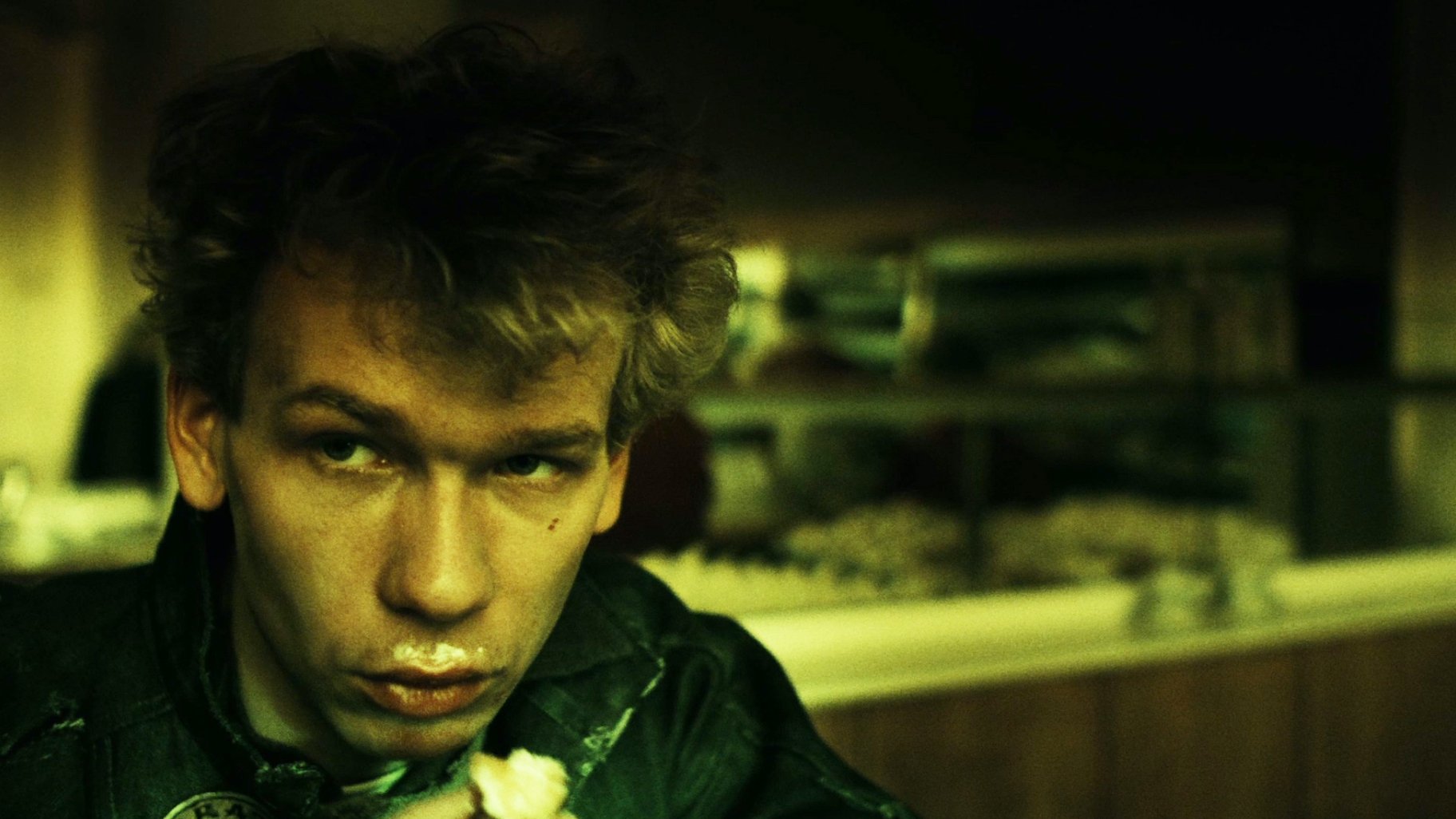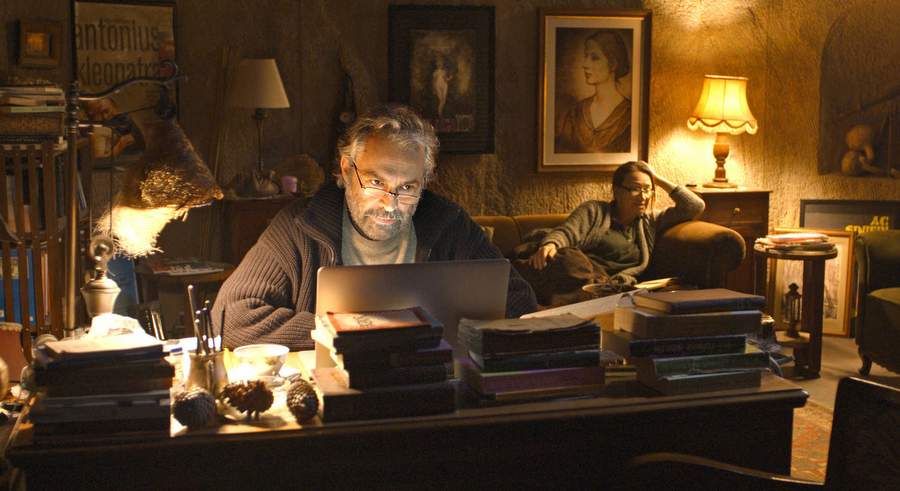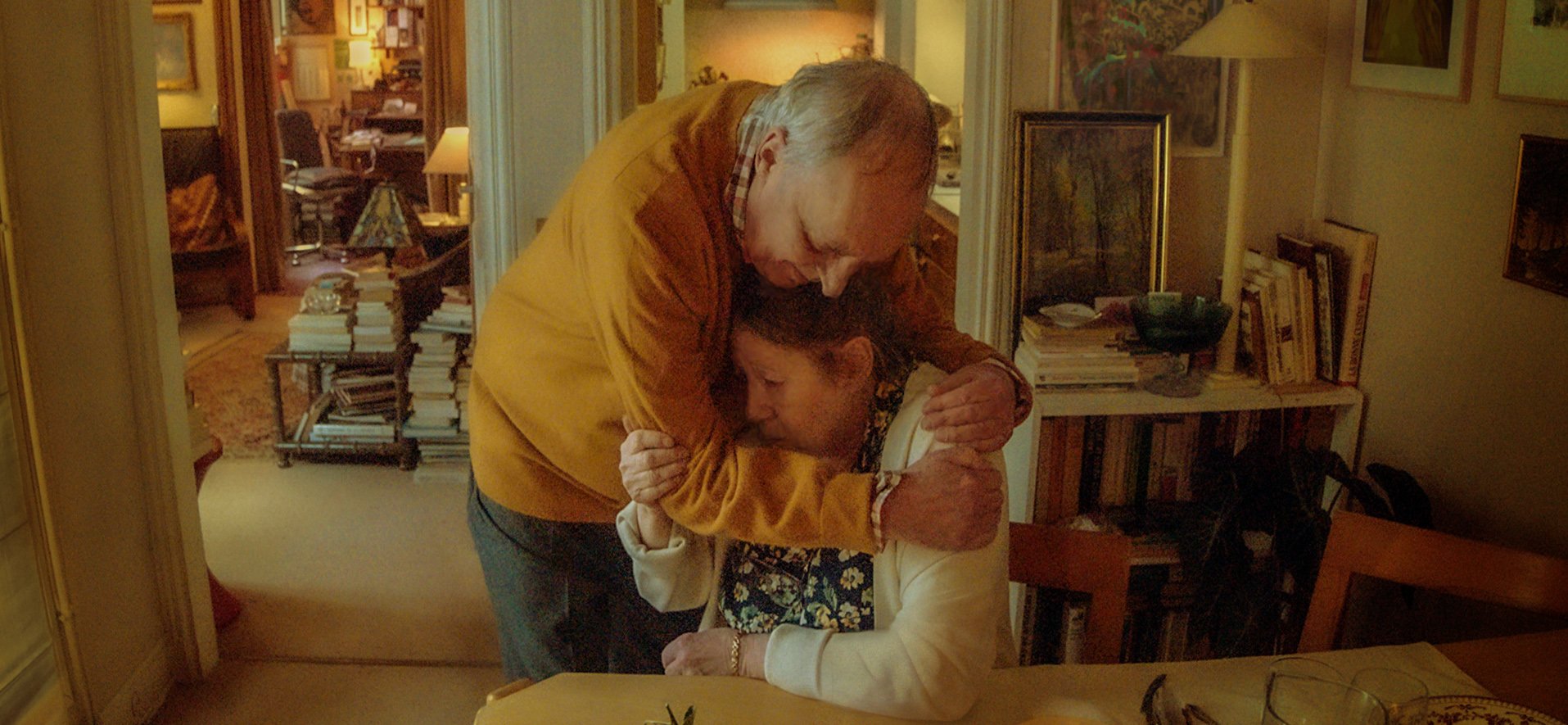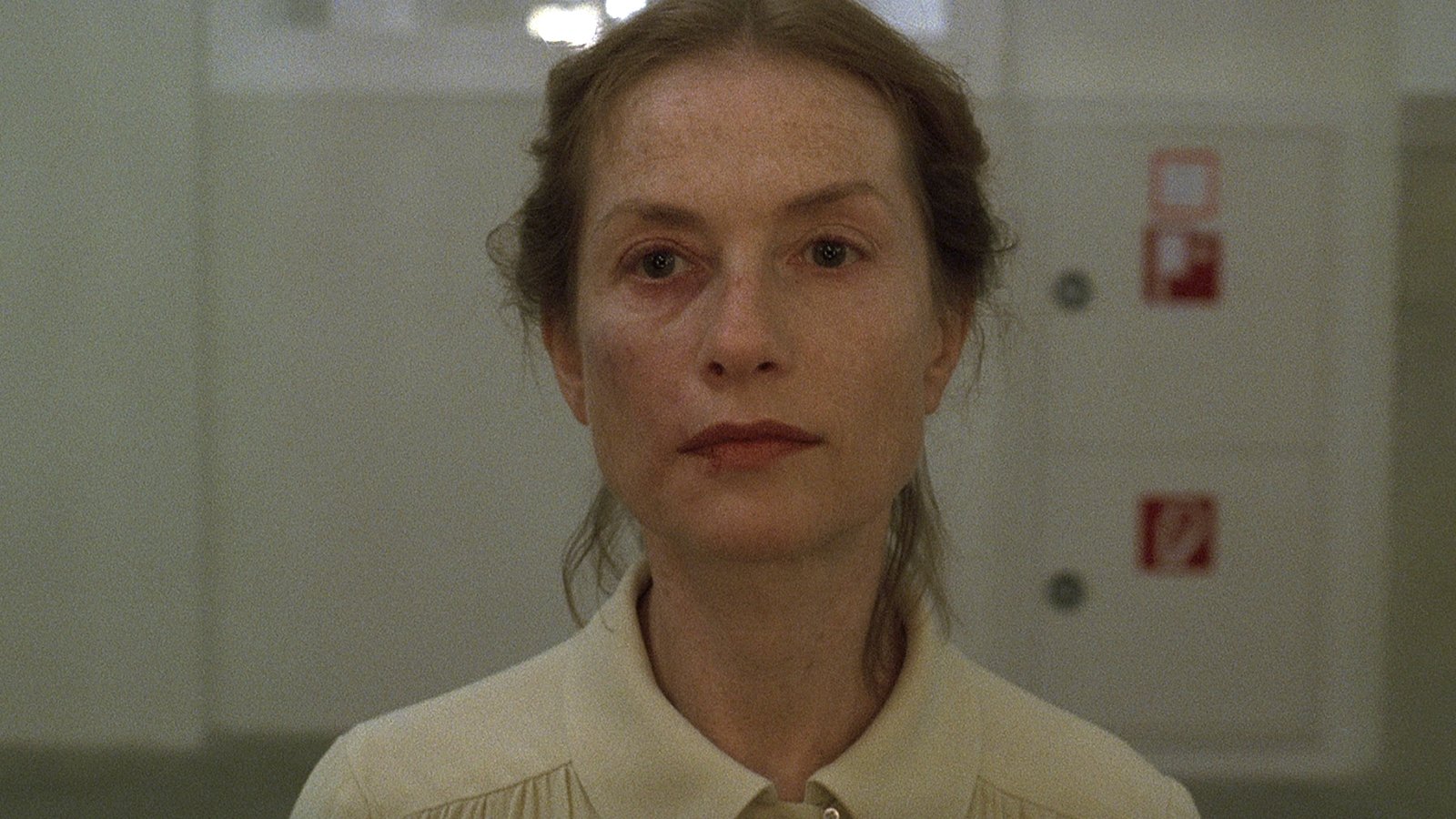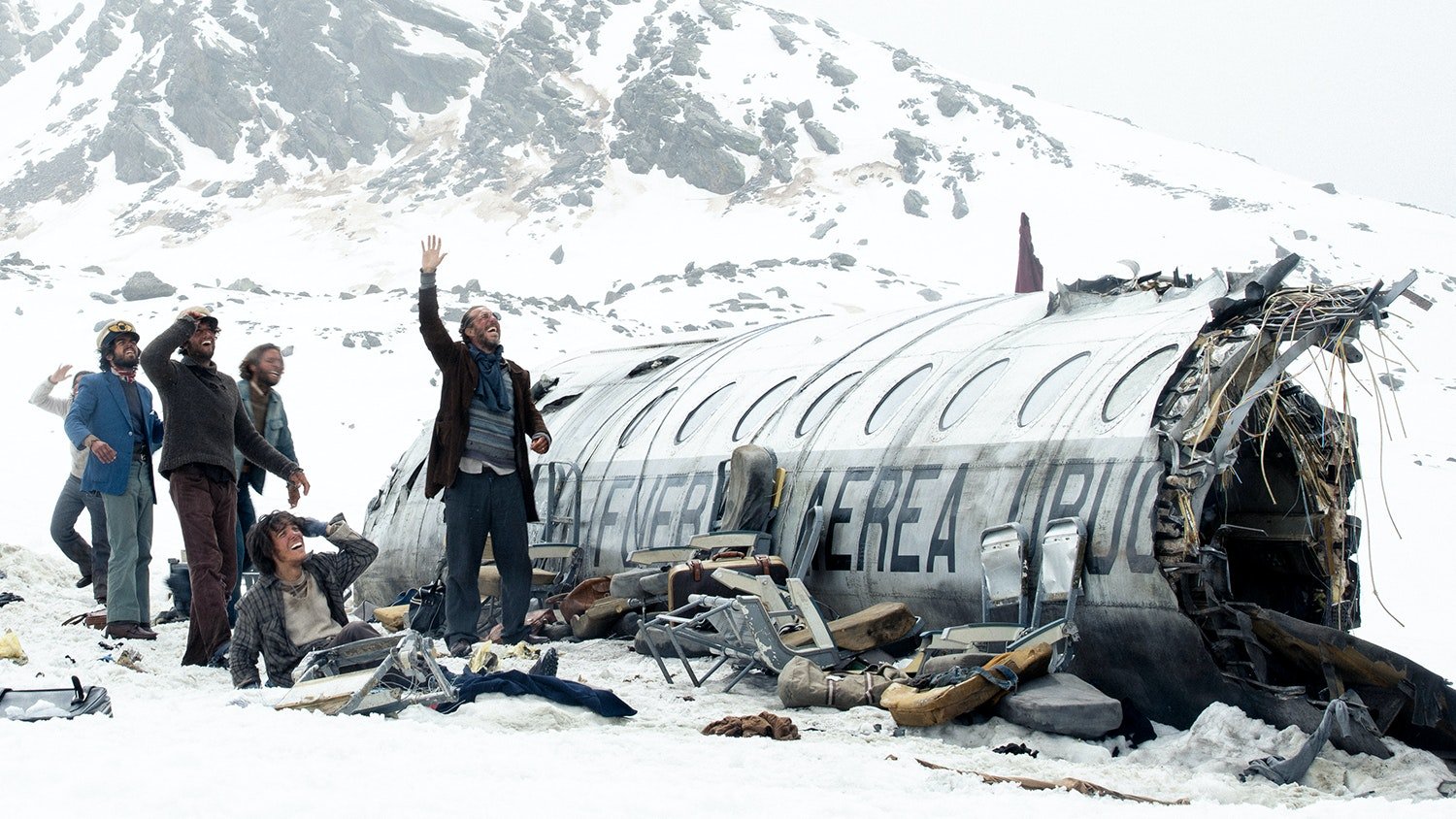Martin Scorsese’s Killers of the Flower Moon isn’t a whodunnit; in fact, it’s closer to a who-didn’t-do-it. We know from the very beginning who is responsible for committing the brutal serial murders of wealthy Osage Native Americans in 1920s Oklahoma that the film chronicles: pretty much every single one of their white neighbors, spearheaded by William Hale (a skin-crawling Robert De Niro). Scorsese, most often associated with mafia stories, stealthily suggests here that the most dangerous gang of all is the one into which all these perpetrators have been born. That’s an idea he investigates through the confused loyalties of Leonardo DiCaprio’s Ernest Burkhart, the Judas-like husband of Mollie (movie-stealer Lily Gladstone), an Osage woman who owns lucrative oil headrights that William wants to fatten his own pockets with. This searing epic — based on a harrowing chapter of real American history — is an unsparing and self-implicating look at complicity and greed in the eye, a monumental movie that cements its maker as one of the greatest to ever do it.
Genre: Crime, Drama, History
Actor: Adam Washington, Addie Roanhorse, Alexandria Toineeta, Alexis Ann, Alexis Waller, Barry Corbin, Beau Smith, Ben Hall, Bravery Nowlin, Brendan Fraser, Brent Langdon, Brian Shoop, Bronson Redeagle, Candice Costello, Cara Jade Myers, Carl Palmer, Chance Rush, Charisse Satepauhoodle, Charlie Musselwhite, Chase Parker, Christopher Cote, Clint Rohr, Craig 'Radioman' Castaldo, Dana Daylight, Danny Frost, David Born, David Fields, Delani Chambers, DJ Whited, Dolan Wilson, Ed Yellowfish, Elden Henson, Elisha Pratt, Elizabeth Waller, Eric Parkinson, Everett Waller, Gabriel Casdorph, Garrison Panzer, Gary Basaraba, Gene Jones, Gregory Fallis, Harrison Shackelford, J. C. MacKenzie, Jack White, Jackie Wyatt, Jacob Johnson, Jacob Lux, James Carroll, James Healy Jr., JaNae Collins, Jarad Looper, Jason Isbell, Jay Paulson, Jeffrey Stevenson, Jennifer Moses, Jennifer Rader, Jeremy Goodvoice, Jerry Logsdon, Jerry Wolf, Jesse Plemons, Jessica Harjo, Jezy Gray, Jillian Dion, Jo Harvey Allen, Joe Chrest, Joey Oglesby, John Gibbs, John Lithgow, Johnny Baier, Joseph Spinelli, Joshua Close, Julia Lookout, Justin France, Karen Garlitz, Katherine Willis, Kristin Keith, Kyle Dillingham, Larry Fessenden, Larry Jack Dotson, Larry Sellers, Lee Eddy, Leland Prater, Leonardo DiCaprio, Lily Gladstone, Louis Cancelmi, Lucas Ross, Lynette Satepauhoodle, Mahada Sanders, Mamie Cozad, Marc Phaneuf, Margaret Gray, Mark Landon Smith, Mark Lopeman, Marko Costanzo, Martin Scorsese, Mary Buss, Mason Bighorse, Mason Cunningham, Matt Tolentino, Melissa Tiger, Michael Abbott Jr., Mike Cook, Moe Headrick, Moira Redcorn, Nathalie Standingcloud, Nathaniel Arcand, Nicholas White, Nick W. Nicholson, Nokosee Fields, Norma Jean, Norris Bighorse, Pat Healy, Patrick Bubert, Paul Woodiel, Penny Potts, Pete Yorn, Peter Yarin, Randy Houser, Rayna Gellert, Reignen Yellowfish, River Rhoades, Robert De Niro, Ron McMahan, Sam Bardfeld, Samuel French, Samuel Gray, Sarah Spurger, Scott George, Scott Shepherd, Seth Buckminster, Shonagh Smith, Silas Satepauhoodle, Stephen Berkman, Steve Eastin, Steve Routman, Steve Witting, Sturgill Simpson, Tahlee Redcorn, Tanner Brantley, Tantoo Cardinal, Tatanka Means, Ted Welch, Terry Allen, Tom Ashmore, Tommy Schultz, Ty Mitchell, Vann Bighorse, Victor McCay, Vince Giordano, Vinny Raniolo, Wally Welch, Welker White, William Belleau, Xavier Toehay, Zachary Hokeah
Director: Martin Scorsese
Rating: R


